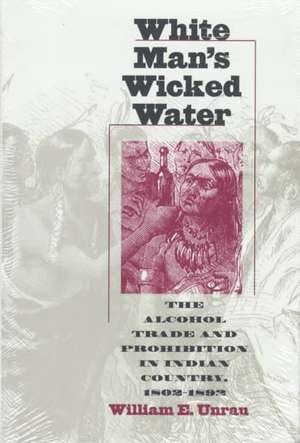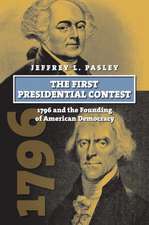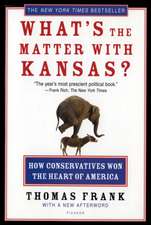White Man's Wicked Water
Editat de William E. Unrauen Limba Engleză Hardback – 31 mai 1996
"Often I have been compelled to ask myself, 'Who is the civilized and who is the savage?' Their principal vices are emphatically our vices. If they get drunk it is upon our whiskey. . . . A]nd yet we claim to be 'civilized' and freely deal out to them the epithet 'savage.'" The Reverend William H. Goode, reflecting on his early 19th-century sojourn in Indian Country
In "White Man's Wicked Water," Unrau tells the compelling story of how an alcohol-sodden society introduced drink to the Indians. That same society then instituted futile policies to control the flow of alcohol to tribes who, as one superintendent put it, "have not the moral force to resist temptation." Unrau dispels that racial-deficiency theory and debunks the belief that prohibition was carried out by well-intended reformers.
Unrau shows that, contrary to the perniciously false image of the innately "depraved savage," Indians actually learned their "uncivil" behavior by emulating in hopes of accommodating "civilized" men. Indian inebriation in the nineteenth century, he shows, essentially mimicked the habits of white Americans who-spurred on by prevailing attitudes and federal law-were aspiring to integrate the natives into the cultural mainstream. Prohibition zealots, intent upon soothing white anxieties, were far more concerned with this goal than with stemming the flow of alcohol.
Scholars have often viewed the sale of alcohol to Native Americans as a ploy by Euro-Americans to trick them into unfair land and trade deals. But Unrau makes it clear that alcoholic consumption by Native Americans was the inevitable consequence of cultural confluence, not of conscious white subversion.
To support his arguments, Unrau has closely examined previously neglected records pertaining to illicit alcohol trafficking, its tie to the land-cession/annuity-distribution system, and the influence of federal subsidy to non-Indian, western development. From these sources, he provides surprising new insights into alcohol use and abuse in relation to Indian removal. Unrau also sheds new light on nineteenth-century prohibition attempts in the trans-Missouri West (primarily Nebraska, Kansas, and Oklahoma) up to the absolutist prohibition law of 1892."
Preț: 206.17 lei
Nou
Puncte Express: 309
Preț estimativ în valută:
39.46€ • 42.88$ • 33.17£
39.46€ • 42.88$ • 33.17£
Carte disponibilă
Livrare economică 31 martie-14 aprilie
Preluare comenzi: 021 569.72.76
Specificații
ISBN-13: 9780700607792
ISBN-10: 070060779X
Pagini: 192
Dimensiuni: 157 x 235 x 21 mm
Greutate: 0.51 kg
Ediția:New.
Editura: University Press of Kansas
ISBN-10: 070060779X
Pagini: 192
Dimensiuni: 157 x 235 x 21 mm
Greutate: 0.51 kg
Ediția:New.
Editura: University Press of Kansas
Textul de pe ultima copertă
In White Man's Wicked Water William Unrau tells the compelling story of how an alcohol-sodden society introduced drink to the Indians. That same society then instituted futile policies to control the flow of alcohol to tribes who, as one superintendent put it, "have not the moral force to resist temptation". Unrau dispels that racial-deficiency theory and debunks the belief that prohibition was carried out by well-intended reformers. Scholars have often viewed the sale of alcohol to Native Americans as a ploy by Euro-Americans to trick them into unfair land and trade deals. But Unrau makes it clear that alcoholic consumption by Native Americans was the inevitable consequence of cultural confluence, not of conscious white subversion. Indian inebriation in the nineteenth century, he shows, essentially mimicked the habits of white Americans who - spurred on by prevailing attitudes and federal law - were aspiring to integrate the natives into the cultural mainstream.











